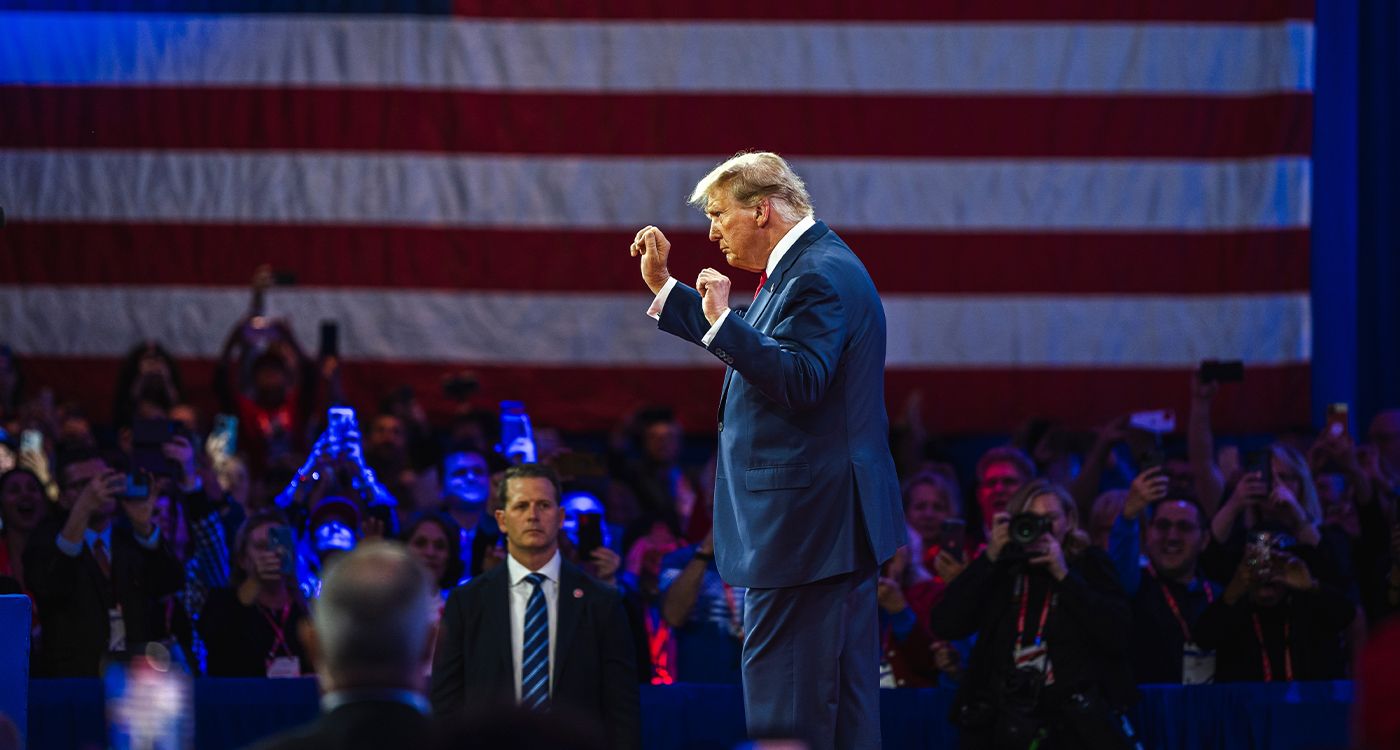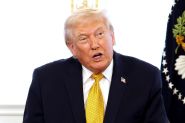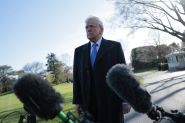- Home
- Middle East
- The New-Old World Order... and Trump's Promises

©shutterstock
The United States, as the leading global power, holds a decisive role in shaping the world’s future. From this perspective, many recognize that an election in the US is, in essence, an election for the entire world. Following Donald Trump’s victory, and his attempt to avenge his previous defeat, it is striking how the emerging new world order has set new norms both in politics and society, revealing many underlying dynamics that shape the world today.
First and foremost, people worldwide have grown weary of wars. Trump’s election represents a shift toward favoring agreements over conflicts, even if it requires imposing the most stringent sanctions on adversaries and prioritizing diplomatic power, especially with regards to Iran.
In the second political dimension, closely linked to the economy, citizens are tired of excessive taxation that erodes their livelihoods, without seeing sufficient returns in services or opportunities. The rise of ruthless liberalism has not made way for socialist ideals, and even more moderate forms of socialism have failed to tame the excesses of life or deliver true justice. Trump’s election signals that the markets, rather than imposed government policies, should dictate economic realities.
The third aspect is purely social. Despite the world becoming more open and tolerant, there remains a fine line between progressive ideas and the return to conservative values. Those who champion progressivism once believed change could occur almost overnight, assuming the world would shift from its current state to a utopia where individuals would enjoy boundless freedom without constraints. However, conservative values have proven far more resilient than this envisioned openness. Any attempt to impose a new agenda on the global system is likely to encounter strong resistance, potentially spanning multiple generations.
This is the takeaway from the US elections, which resonate globally. While this may not directly affect the oppressed and impoverished populations around the world, or more distant developed countries, it highlights that the broader concept of change led by America—whether through its language, finance influence, media, or ideologies— remains bounded by certain limits that cannot easily be beaten.
Read more



Comments